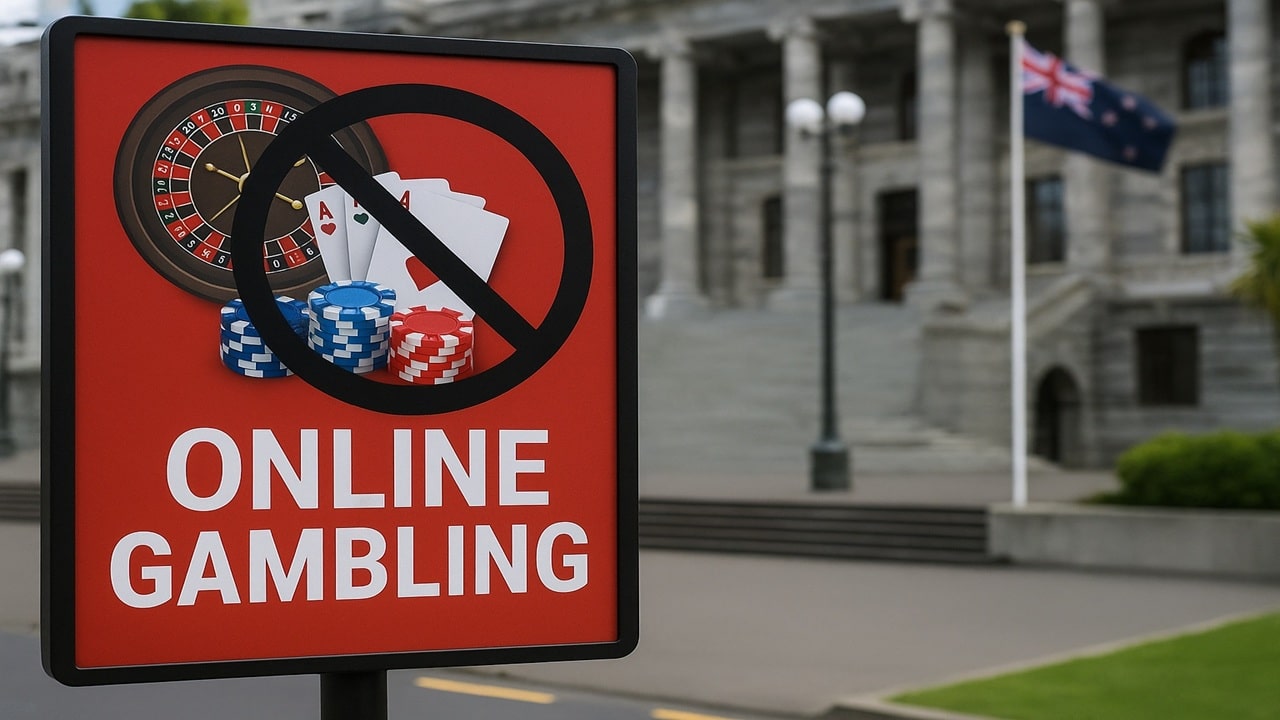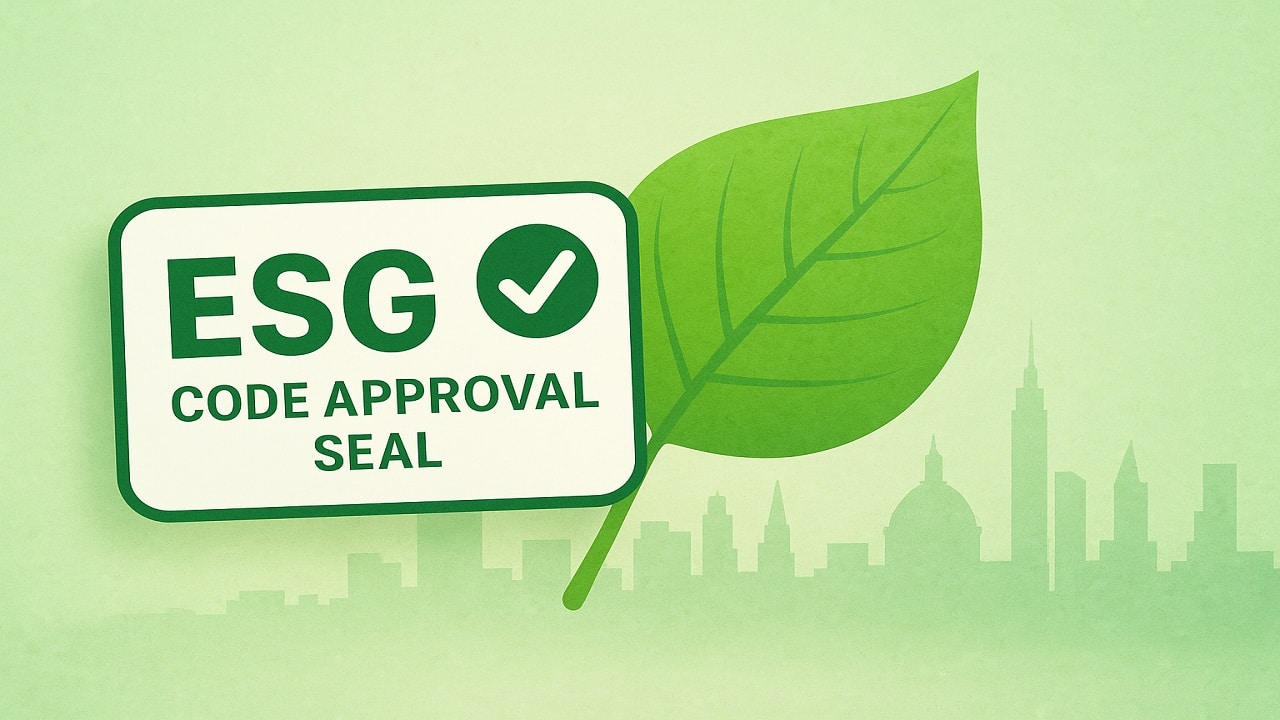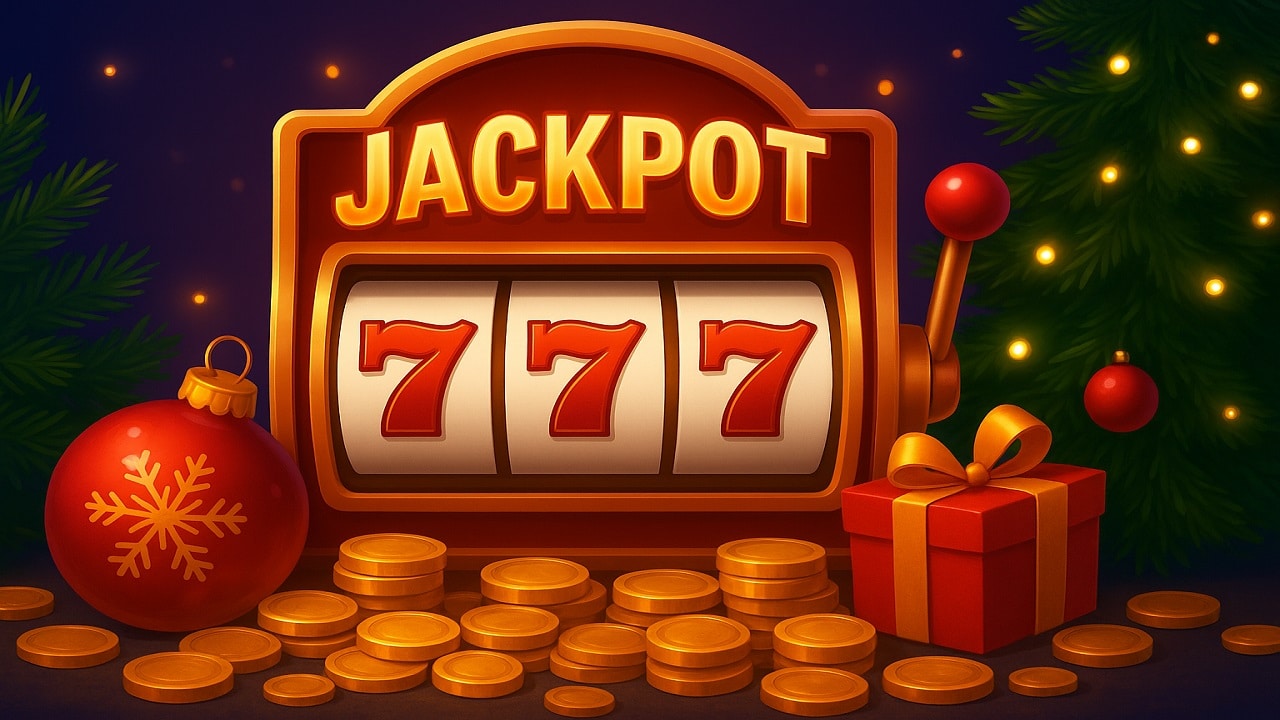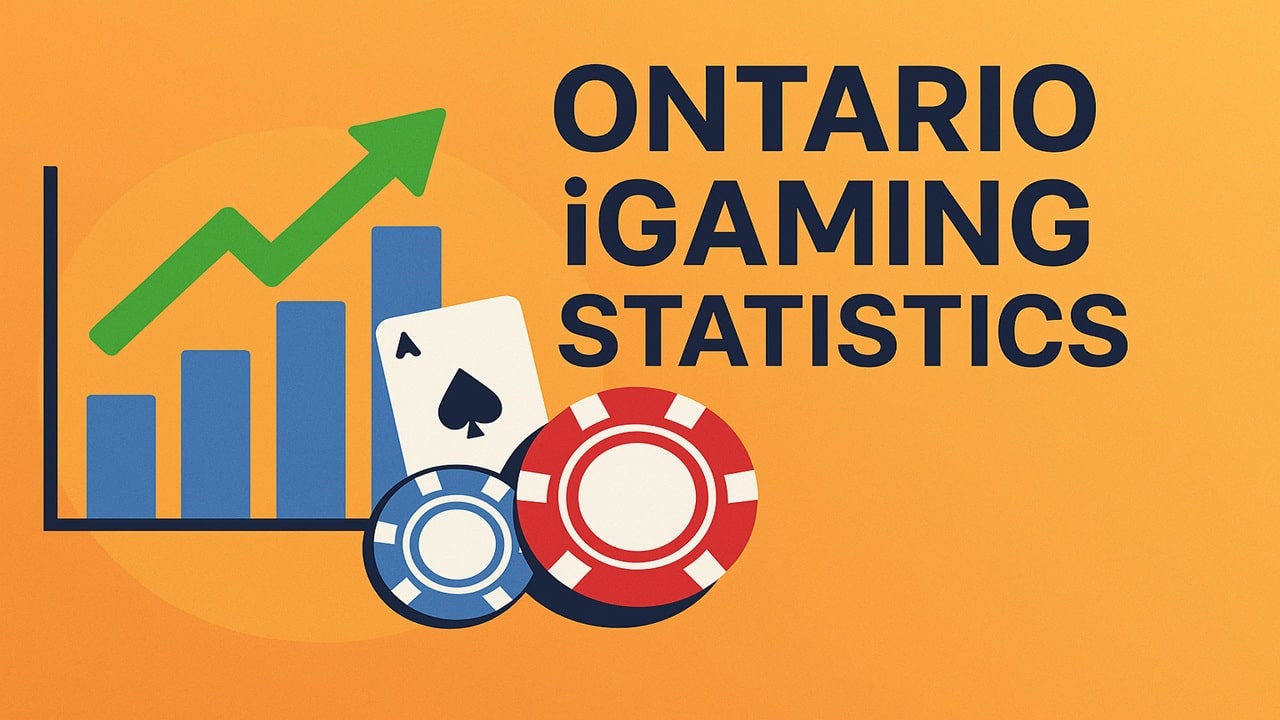
We investigate a news report by the the Independent Online South Africa which gives stats from an InfoQuest survey and the SARGF. (Image by Authentic Stock Photos on Vecteezy)
A recent survey by a company called InfoQuest has raised concerns about gambling addiction amongst South Africa’s youth.
The survey concludes that respondents of 18 to 34 years of age are at risk because stats from the research show this group tends to gamble on online casino games and also partake in sports betting. At the same time, some participants in this age group also play the lottery.
There is no mention of the older generation, 35 and above, but the report would suggest that this group tends to stick to one form of gambling.
In the same news report, stats from the SARGF (South African Responsible Gambling Foundation) were also mixed in.
787 youths were referred to the SARGF to seek help for problem gambling. Overall, the SARGF’s toll-free counselling line received 2,662 patients in the 2023/2024 financial year.
In a country with a population estimated to be 64.1 million, according to Woldometer Live SA population stats, that’s 0.0042% of the population. Now, I am going out on a whim here and saying that the percentage seems very low, although this does not represent the entirety of problem gamblers in the country.
The low numbers could be because there are large numbers of people in the country who do not have access to the internet. However, the report just leaves me lost without more data.
Although problem gambling issues are apparent in every country across the globe, whether gambling is legal or illegal, I often question the accuracy of these reports. Just to be clear, I am not arguing the point by saying there isn’t a problem gambling issue in South Africa.
In fact, the Casinoplusbonus page covering how to get help for gambling addiction takes problem gambling quite seriously. There is also a section in our problem help guide that shows explicitly how players in South Africa can seek out help for gambling addiction from organisations set up in the country to help problem gamblers.
Source: My source for information to create this news report is the Independent Online South Africa (www.iol.co.za) coming directly from a news story online gambling gripping South Africa’s youth.
What is the Issue with the InfoQuest survey?
The reason I am picking on the accuracy of the recent InfoQuest survey is that I just happened across it while catching up on my daily digest of gambling news. It lit a spark in me, and so I decided to make you, our loyal readers, aware of how these surveys work and why, as with any survey in any industry, you should always look at how the research was conducted.
Honestly, objectively, it is an excellent survey carried out by a team of professionals. The data, which I have collated into tables below to give you insights from the survey, is also interesting.
However, my issue is that every report seems to take a sample of gamblers. What I would like to see is a report that takes a sample of people randomly and asks them if they gamble online, and report on this to see how many people gamble online and what kind of an issue with problem gambling South Africa is currently facing.
For example, InfoQuest has taken a small sample of 300 gamblers. Why not a sample of 1,000 random people, a little like the UK Affordability Check’s Survey, which sent letters to people’s homes at random and asked them to give information on whether they gamble or have gambled.
If InfoQuest could back up its current research with let’s say another 700 respondents, then perform a similar survey at random similar to one carried out for the UK Affordability Check’s Survey, we could get a clearer idea of the issue at in South Africa, and look at how well online gambling establishments convey the message to gamble responsibly.
InfoQuest Survey Stats
Despite my small moan and groan about the stats reported by InfoQuest and that I would like to see more information before releasing a head line ‘alarm bells ringing’, the stats are interesting. I also like the information provided by Sibongile Simelane-Quntana, executive director of the South African Responsible Gambling Foundation (SARGF).
| Category | Details |
|---|---|
| Total Surveyed Gamblers | 300 |
| Younger Gamblers (18-34 years) | 139 |
| Most Popular Gambling Activities (Younger Gamblers) | 1. Online Gaming 2. Sports Betting 3. National Lottery |
| Average Frequency of Gambling (Younger Gamblers) | 11 times per month |
| Years Engaged in Gambling Activities (Younger Gamblers) | 2-3 years |
| Reasons for Gambling (Younger Gamblers) | 1. Winning much-needed funds 2. Recreational element 3. Social interaction |
| Winnings Usage (Younger Gamblers) | 39% use winnings to gamble again 30% gamble with excess funds |
| SARGF Referrals (2023/2024 Financial Year) | 2,662 patients |
| Referrals by Age Group | Adults: 1,695 Youth: 787 Elderly: 116 Unstated Age: 61 Minors: 3 |
| Referrals by Gender | Males: 1,452 Females: 1,209 |
| Key Issues Identified | – Increased accessibility through online platforms – Vulnerability of Gen Z and Millennial markets |
| Case Examples | – Neliswa Binda (Student, 22): Used study fees for online gambling – Teenager: Spent over R100,000 of mother’s savings on online gambling |































Leave A Comment